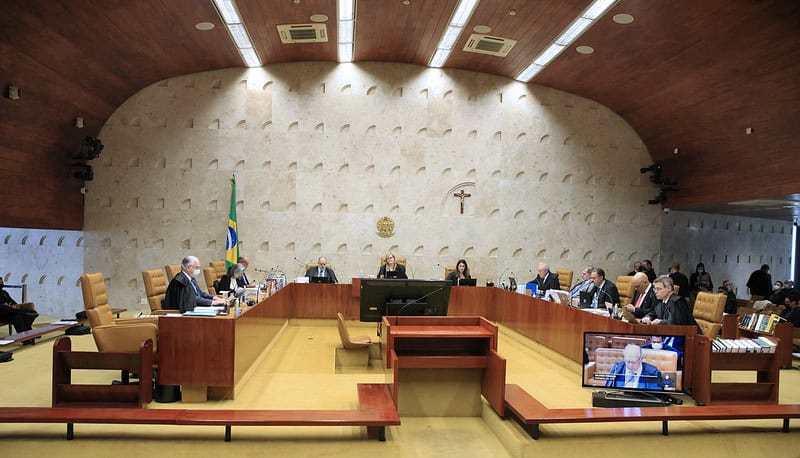Brazil’s antitrust authority has ordered Apple to stop blocking developers from using third-party payment methods in iOS apps. On Wednesday, CADE (Administrative Council for Economic Defense) upheld a provisional order issued last week that compels the company to lift restrictions on external payment systems and communication with users.
The move stems from a 2022 investigation triggered by a complaint from e-commerce firm Mercado Libre. At the center of the case is Apple’s longstanding policy requiring developers to use its in-app payment system, which charges up to 30% in fees. Apple also prohibits developers from informing users about cheaper payment alternatives outside the App Store.
CADE Rejects Apple’s Defense
In a unanimous decision, CADE’s council reaffirmed the regulator’s view that Apple’s rules violate Brazil’s competition laws. The new ruling resets the implementation deadline to 90 days, replacing the earlier 20-day limit set in November 2023.
CADE’s lead councilor, Victor Oliveira, called Apple’s position “inconsistent” and accused the company of applying rules selectively. He said the restrictions act as a “tying strategy” that distorts competition by limiting consumer choice and overcharging developers. Oliveira referenced global cases, including those in the U.S., Japan, the Netherlands, and the UK, to support CADE’s stance.
He also pointed to the U.S. legal battle with Epic Games, where a court found Apple’s anti-steering rules harmed competition. That case set a precedent for how regulators and courts globally are viewing Apple’s App Store practices.
Legal Back-and-Forth Continues
The ruling follows a series of legal reversals between Apple and Brazilian courts. After initially winning a suspension of CADE’s measures in March, Apple faced another setback this week when the Federal Regional Court of the 1st Region reinstated the original injunction. Federal Judge Pablo Zuniga ruled that blocking CADE’s order would maintain “artificial barriers to competition.”
Apple responded by warning that the order could impact user privacy and security. The company said it remains committed to defending its platform model and providing safe experiences for developers and consumers alike.
According to Valor Econômico, CADE’s latest decision adds to growing regulatory pressure Apple is facing globally over its App Store policies. With the clock ticking once more, the company now has 90 days to comply.
